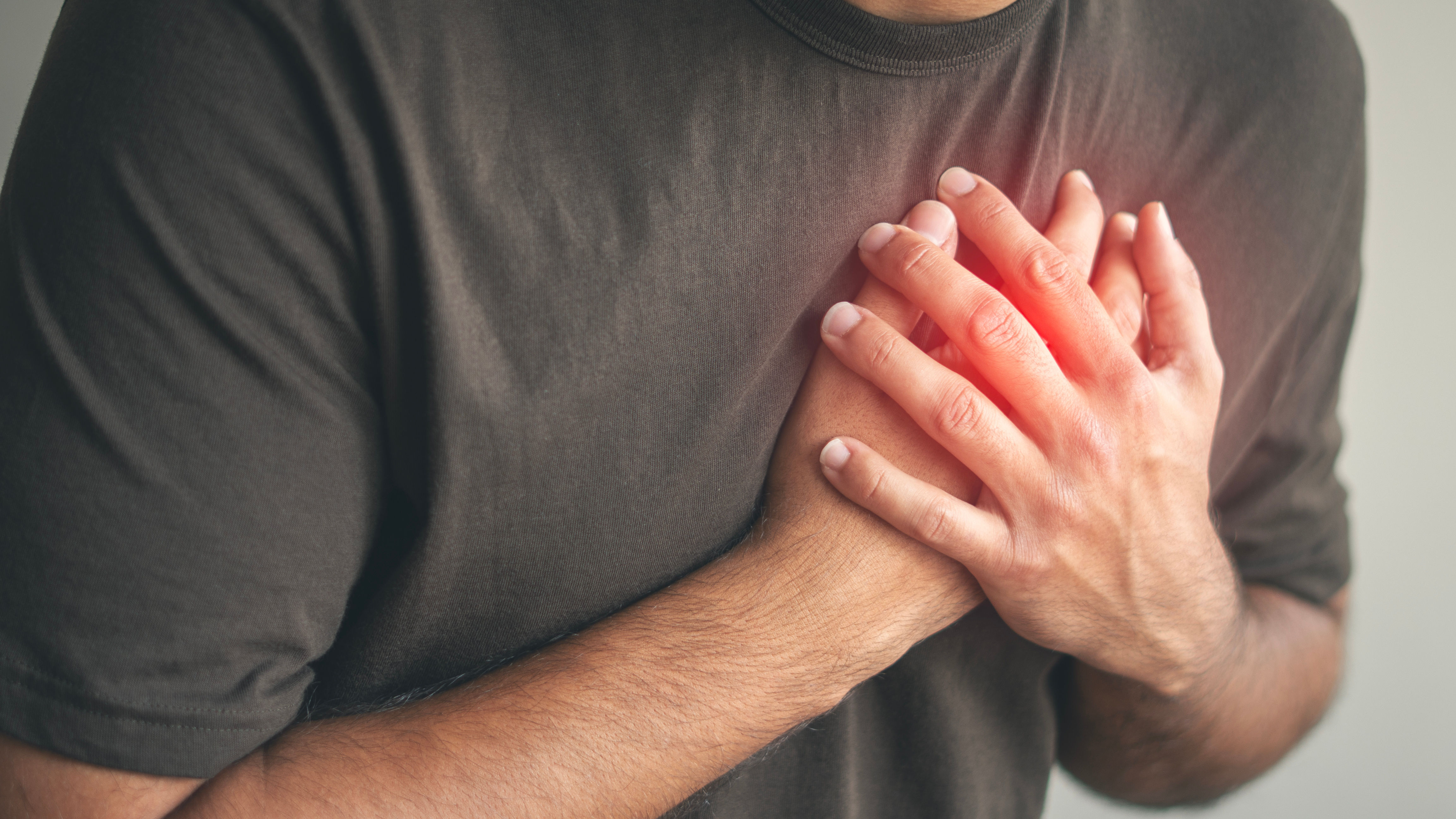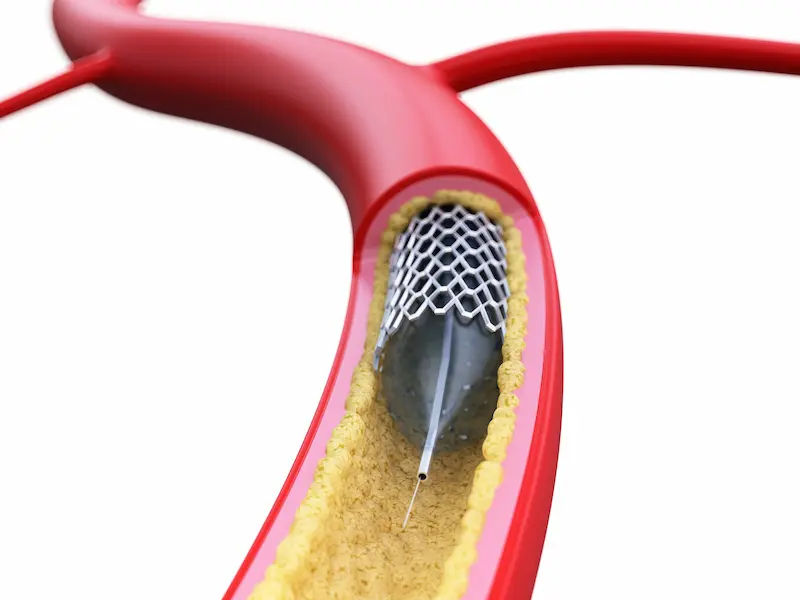- male
- 67 Years
- 22/01/2025
I'm a 67-year-old who's been taking Revelol XL 50, but my blood pressure numbers always seem to hang around 15090. I've decided to switch to Concor 5 in hopes of getting them down to 12080. Is this a good move, and could you explain what I might expect during this transition?
More Cardiology Health Queries
View allI'm a bit concerned because when I place my hand on my chest, I can't feel my heartbeat. However, I can easily feel my pulse in the veins of my hand when I'm sitting quietly. Is this something normal, or should I be worried?
Viral fever concerns: _Common symptoms:_ 1. Fever 2. Chills 3. Headache 4. Fatigue 5. Body aches 6. Sore throat _Not all viral infections have:_ 1. Running nose 2. Cough _Your experience:_ 1. Fever 2. Chills 3. Sweating (paracetamol-related) 4. Normal blood tests _Doctor's concerns:_ 1. Platelet count monitoring (potential viral-related thrombocytopenia) 2. Ruling out other conditions (e.g., dengue, malaria) _Follow-up:_ 1. Return to the hospital in 2 days for platelet count check 2. Monitor symptoms: - Fever persistence - Severe headache - Difficulty breathing - Abdominal pain _General advice:_ 1. Stay hydrated 2. Rest 3. Paracetamol or doctor-recommended medication for fever management
Answered by 1 Apollo Doctors
I've been on storvas 20 for the past couple of months, and I'm wondering if I should keep taking it or not. The reports came back, and I'm really not sure how to interpret them. Could you please help me out with this?
Storvas 20 is a brand name for atorvastatin, which is commonly used to lower cholesterol levels. It is important to continue taking it as prescribed by your doctor, especially if it has been effective in managing your cholesterol levels. However, it is always recommended to follow up with your doctor for regular check-ups and to review your reports to ensure the medication is still appropriate for you.
Answered by 1 Apollo Doctors
My recent CRP levels came back high, and I'm pretty worried about what that means for my health. Is there a chance this could lead to something like a heart attack or even cancer? I'm not sure what steps I should take next. Could you give me some advice on how to handle this?
Elevated CRP levels can indicate inflammation in the body, but it is not specific to any particular condition such as cardiac arrest or cancer. It is important to consult with a healthcare provider for a proper evaluation and diagnosis. In the meantime, you can consider taking over-the-counter pain relievers such as acetaminophen (Tylenol) to help with any discomfort. Make sure to follow the recommended dosage instructions on the packaging.
Answered by 1 Apollo Doctors
Disclaimer: Answers on Apollo 247 are not intended to replace your doctor advice. Always seek help of a professional doctor in case of an medical emergency or ailment.



_2.webp)

.webp)
